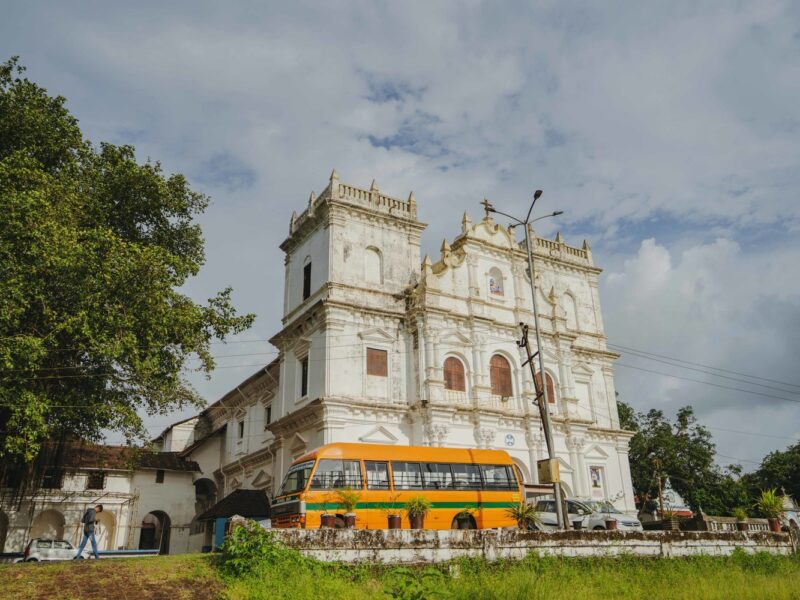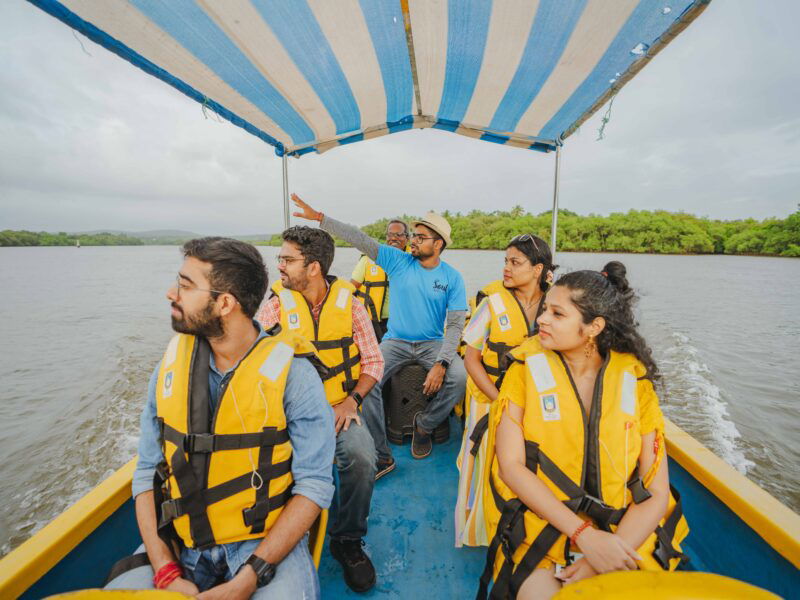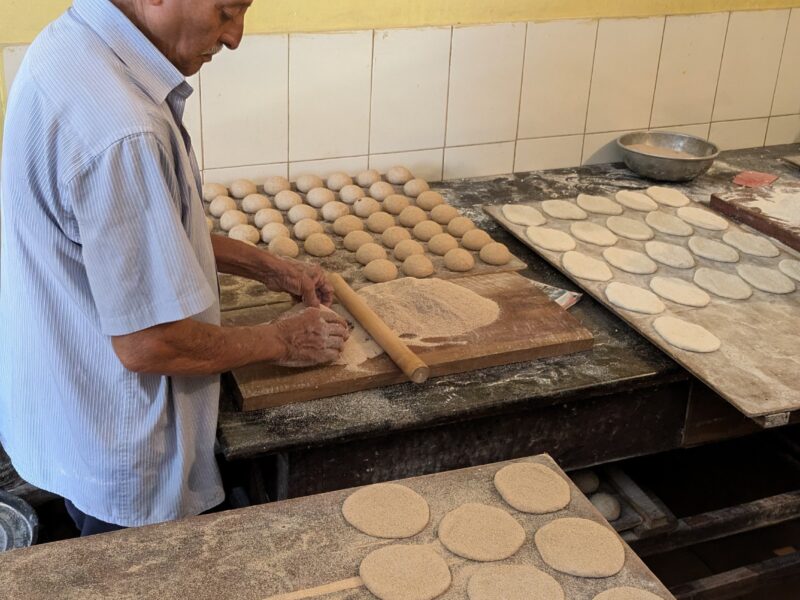When we look back on our most memorable journeys, what often stands out are the connections we forged in a new land: conversations with strangers over a hearty, home-made meal, a neighbourhood traditional dance performance, laughter shared around a bonfire. Cross-cultural exposure and exchanges are some of the most rewarding aspects of travel — strengthened by empathy, mutual respect, and cultural sensitivity and etiquette. But can we ensure we’re doing right by the very people whose hospitality we cherish on our trips? Here are some ways to foster cultural etiquette and be a mindful, respectful tourist.
How to be a culturally-sensitive traveller
Educate yourself
Sometimes, even a little nugget of information can go a long way. Research your destination thoroughly before you visit — be it through articles, fiction, discussion forums, and develop a basic understanding of the place. Having some context into its history, geography, and ways of life will undeniably help you extract much more from your trip.
Learn the basics of the language
Everyone likes a warm and polite greeting; even better, if its in their own language! Learning to speak the basics in the language of the place you’re visiting reflects respect and curiosity — an eagerness to learn. In addition to its advantages when it comes to navigating the streets, shopping etc., it’s an excellent way of establishing rapport and being part of a community — albeit for a brief period of time.

Leave only footprints and memories
It sounds obvious, but even the most seasoned travellers forget the simplest rule of responsible travel: cleaning up after yourself. Whether it’s an empty water bottle or a toffee wrapper, ensure your trash finds a proper bin — not the side of a trail or a monument’s steps. This rule is especially critical in areas of natural diversity and heritage sites. The idea, put simply, is to leave no trace. If you’ve journeyed miles to marvel at a destination, keep it pristine for those who come after you. The planet and its beauty is a shared treasure.
Check the narrative
Not all cultural experiences are what they claim to be. Before booking that tour, performance, or activity, take a closer look. The venue, the management, the target audience, all of it matters. Is it staged or authentic? Is it being conducted by locals who understand its roots or by a travel agency for a quick buck? Who are the benefactors? Dig deeper and ask uncomfortable questions if you must. According to experts, when someone is able to explain the source of their knowledge and their responsibility towards the culture, the experience is going to genuine — unforgettable, even. Supporting authentic cultural tourism is integral to imbibing cultural etiquette. But more importantly, it’s a way of giving back by empowering communities to celebrate, preserve, and cherish their ancient and rich heritage.

Crafting connections
It’s almost a disservice to call travel a way of seeing the world. The anchors go much deeper. Travel is a way of respecting and supporting the world — its various regions, stories, and the people who have lived there for generations. In that vein, championing indigenous crafts and cultural practices can make you a more refined traveler — one with good cultural etiquette. Here too, a little prior research can set you up for the most magical travel experiences. Go through UNESCO’s Intangible Cultural Heritage list that spotlights endangered skills, stories, and performances in need of urgent safeguarding. Similarly, the U.N.’s World Tourism Organization highlights destinations that preserve heritage through its annual Best Tourism Villages list. These experiences do more than sustain cultures, they create meaningful connections between travellers and the communities they visit.
Engage but respect boundaries
Responsible tourism is all about immersing yourself in the culture: the community and its traditions. Many destinations offer expert-led cultural activities for a deeper insight into the heritage that fosters mutual appreciation and understanding. However, tourists must be mindful to draw the line at experiences that are not meant for them. Certain sacred rituals or private traditions may remain off-limits, and that’s part of respecting cultural boundaries. It’s wise to follow local guidelines, respect privacy, and ask for permission before snapping photos. Travel becomes truly transformative when you participate thoughtfully, honouring both the spirit and the limits of a culture.
Parting thoughts
The bottomline is to stay curious but travel with care. Approaching a new culture with humility and a keenness to learn sets the stage for meaningful, lasting connections. The energy you bring mirrors what you can receive; when you’re kind and respectful, you can expect to be treated the same way. Certain cultural etiquettes are universal. Understanding the historical legacies of colonialism, slavery, and displacement that shape every region adds depth to your travels, expanding your worldview and fostering empathy. There is more to travel than individual exploration; it is an opportunity to truly connect with the world we live in and understand the universality of human nature in all its myriad manifestations.



